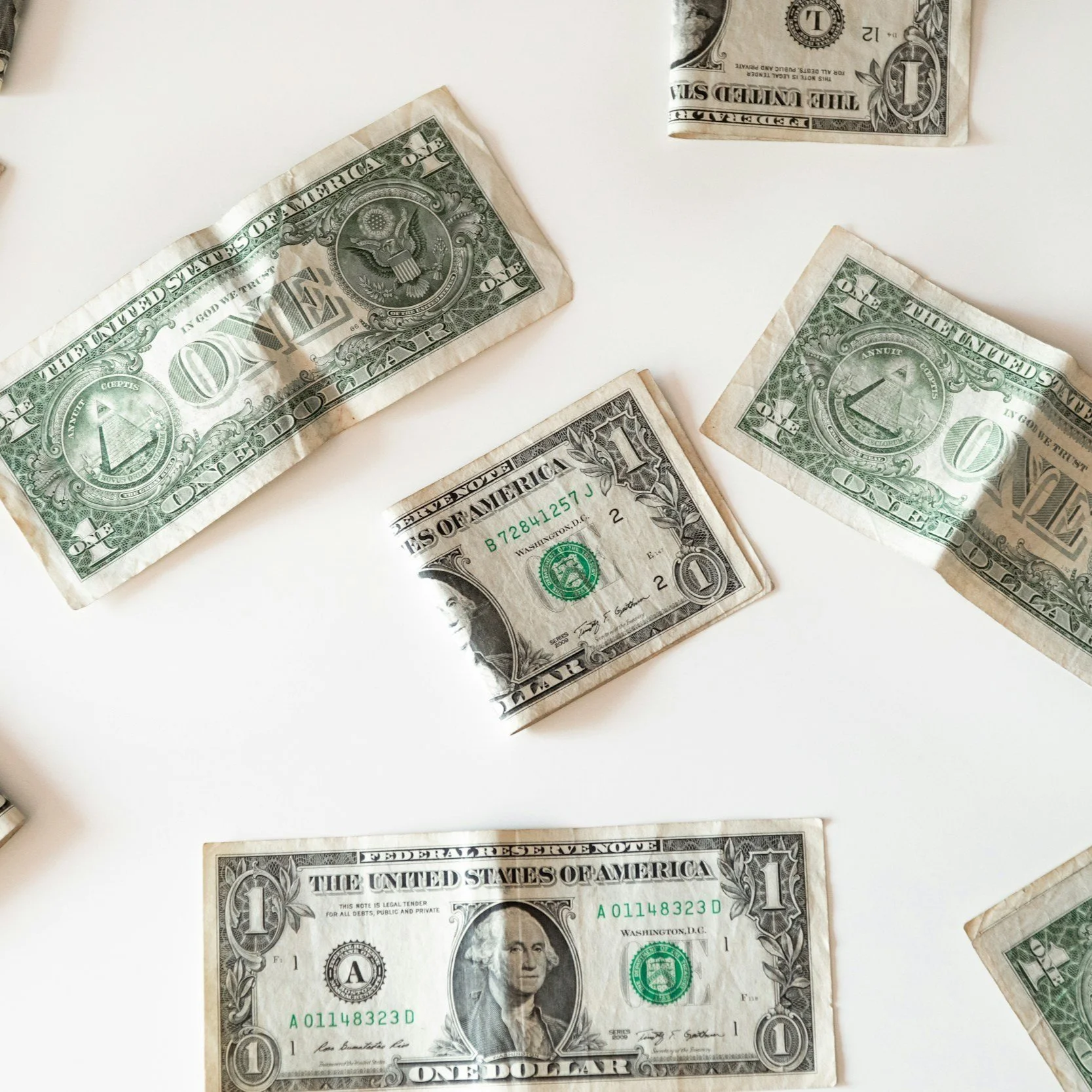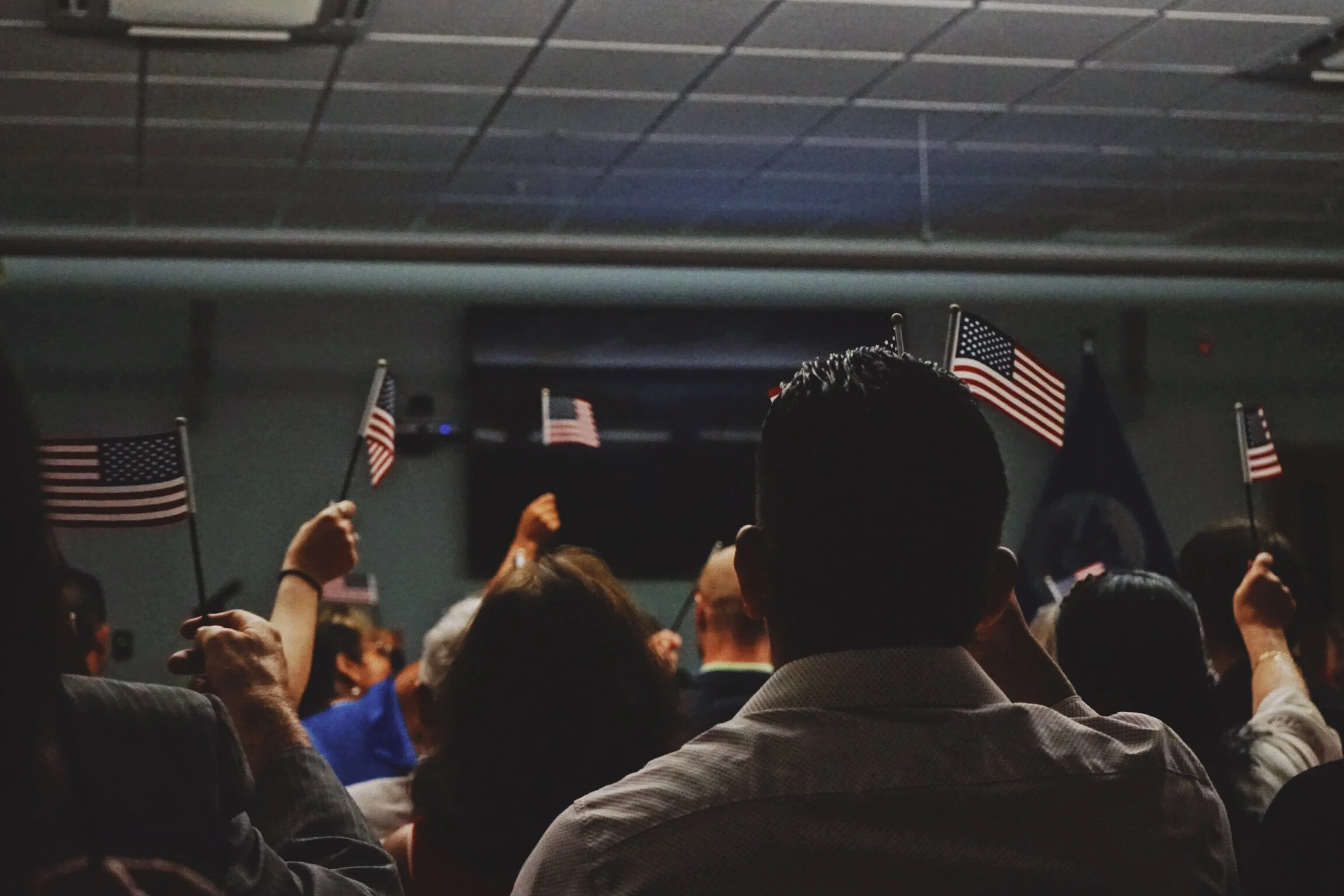What if the key to happiness isn’t how much we earn, but how we think about spending? Behavioral economics offers insights into why our perceptions of income and consumption often defy traditional logic—and how these insights can reshape public policies to boost societal well-being.
All tagged Policy
Behavioral Economics in Policy Making
To put it simply, the field of behavioral economics evolved as an increasing number of economists acknowledged the contributions of psychologists, who revealed that individuals do not act as traditional economic theories assumed—namely, as rational agents who consistently make decisions to maximize their expected benefits. While traditional economics recognizes decision-making based on rational economic theory, where individuals assumingly balance the benefits and costs of different actions, behavioral economics focuses on the concept that people lack self-control, make inconsistent choices over time, show selective attention, and respond unconsciously to an array of influences (Moffitt et al., 2023). People's decisions tend to be influenced by the social context in which they are made; they typically respond unconsciously to how a choice is framed and presented, and they cannot effectively navigate logistical challenges that hinder the best possible decision.
Economics of Immigration in the USA
Immigration is a hotly debated issue for many countries around the world, however, there is ongoing research being conducted to understand the economic implications of immigration across various countries. Studies on the economic effects of immigration have examined a range of issues, including the impact of immigration on wages, employment, and productivity, as well as the fiscal impact of immigration on government budgets. In addition, researchers have explored the social and political consequences of immigration, such as the effects of immigration on social cohesion, political participation, and public opinion. Understanding the economic effects of immigration in different countries is important for policymakers and researchers who seek to design effective immigration policies and programs that benefit both immigrants and host societies.



